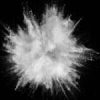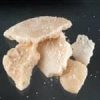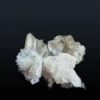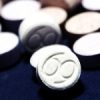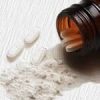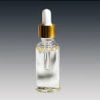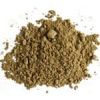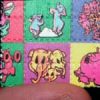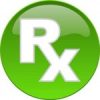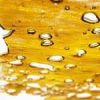Prescription Medication
Drugs that a licensed physician prescribes for an authentic diagnosed condition are prescription medications. But addiction can ensue when people do not follow the specified amount or when someone enjoys the drug’s effect. Prescription drugs save lives, but when people abuse them, they become dangerous. Addiction, overdose, and death attributed to prescription medication are at the forefront of the news, particularly opioids.
This page doesn’t explain why people get addicted but rather gives basic information on different types of drugs.
Prescription Drugs Classification
Prescription drugs used for recreational purposes usually fall into one of these four classifications:
1. Opioids and morphine derivatives: referred to as painkillers, also called narcotics. These prescription drugs contain either opium or are opium-related substances; some are synthetic or semi-synthetic. Opium, morphine, and codeine are natural substances collected and lightly processed from the opium poppy.
Changing the chemical structure of the naturally occurring opiates produces heroin, hydromorphone, and hydrocodone, considered semi-synthetic opioids. However, synthetic opioids like methadone and fentanyl are made in laboratories without the natural opioid as a starting material. Opioids are highly addictive.
2. Depressants: normally referred to as central nervous system (brain and spinal cord) depressants, they work to slow brain function. They include sedatives (used to make a person calm and drowsy) and tranquillizers (intended to reduce tension or anxiety). Alcohol, Barbiturates and Benzodiazepines are considered depressants. Cannabis is considered a depressant but is often put in its own category as a mild psychedelic. (Major psychedelic drugs include LSD, mescaline and hallucinogenic mushrooms.)
3. Stimulants: a class of prescription drugs intended to increase energy and alertness. These also increase blood pressure, heart rate and breathing. Some well-known street drugs are also stimulants, like amphetamine, crystal meth, cocaine, crack cocaine and ecstasy (MDMA). Prescription drugs stimulants are methylphenidate and amphetamines.
4. Antidepressants: psychiatric-type drugs that are expected to handle depression.
Street Names for Prescription Drugs
Prescription drugs are also known as:
Opioids: Hillbilly heroin, oxy, OC, oxycotton, percs, happy pills, vikes, Apache, China Girl, Goodfella, China White, TNT, Friend, Dance Fever.
Depressants: barbs, reds, red birds, phennies, tooies, yellows, yellow jackets; candy, downers, sleeping pills, tranks; A-minus, zombie pills.
Stimulants: Skippy, the smart drug, Vitamin R, bennies, black beauties, roses, hearts, speed, uppers.
Antidepressants: bars, handle bars, xan bars, xanies, footballs.
In Short
Some drugs like Zyprexa, Seroquel, and Haldol, are known as “major tranquillizers” or “anti-psychotics,” because they are supposed to reduce the symptoms of mental illness. Depressants such as Xanax, Klonopin, Halcion are often referred to as “benzos” (short for benzodiazepine).
And there are depressants, such as Valium, Numbutal, and Seconal, classed as barbiturates—drugs used as sedatives and sleeping pills.
Appearance & Short-term Effects
These drugs come in multicoloured tablets and capsules or liquid form.
Short-term Effects:
Confusion
Slurred speech
Stupidity
Fever
Dilated pupils
Difficulty or inability to urinate
Dizziness
Visual disturbances
Slow brain function
Fatigue
Poor concentration
Sluggishness
Disorientation
Lack of coordination
Slowed pulse and breathing
Lowered blood pressure
Depression
Long-term Use:
It can produce depression, sleep problems, breathing difficulties, chronic fatigue, and sexual problems. On a psychological level, jumbled memories, mental blanks, difficulty remembering, and strain with simple mental exercises, stupidity. As dependency on the drug increases, cravings, anxiety, or panic are common if the user cannot get more.
If you or someone close to you is struggling to quit their abuse of some prescription drug, please get in touch with one of our referral addiction counsellors. They are experts in the best way to deal with the issue. We can help, but you need to make the call or request we contact you.
List of Drugs
REVIEWS

Marc J. Bernard
Author,
Substance Use Disorder & Recovery Professional,
Referral & Consultation Counsellor


